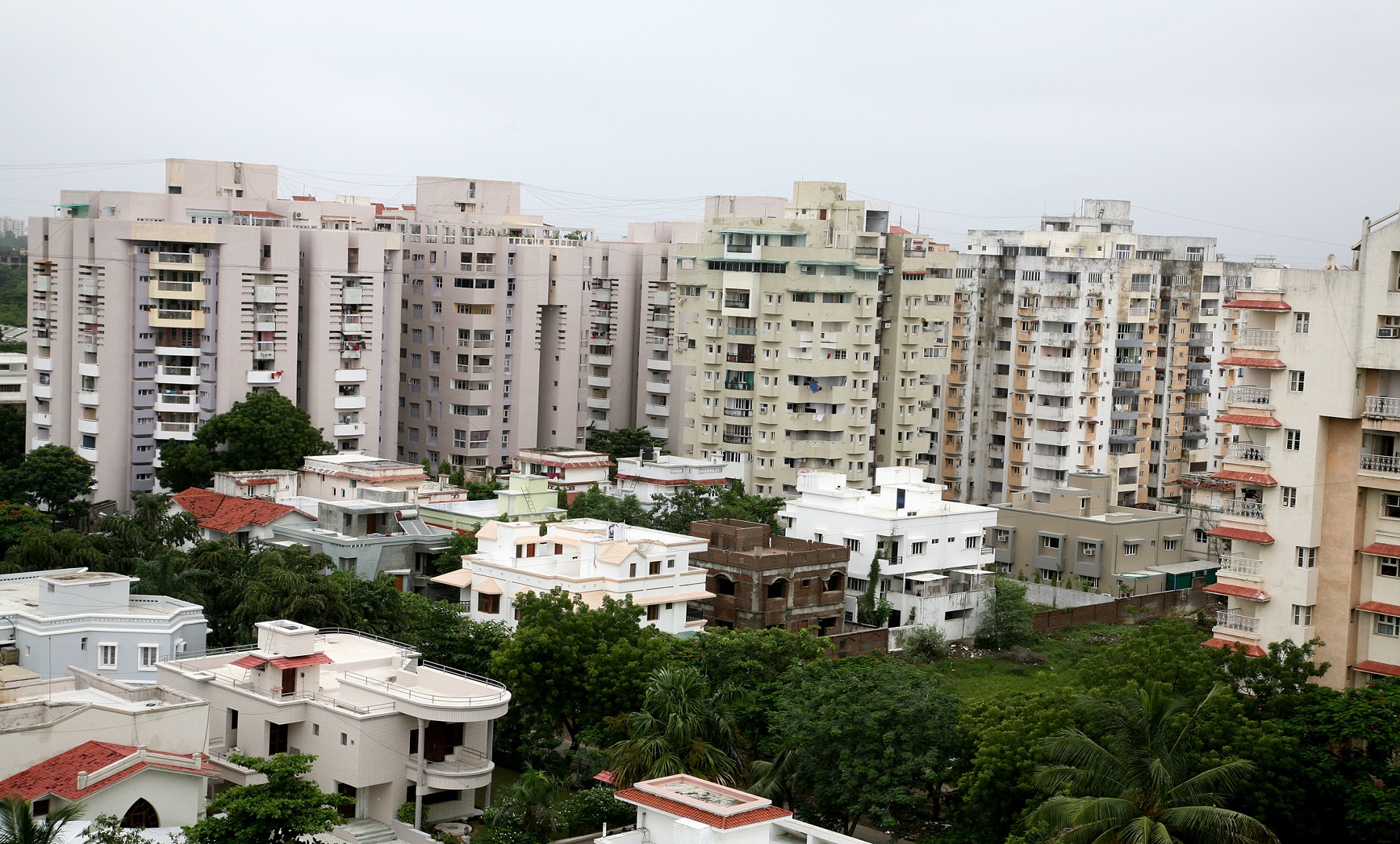It has been almost a year since the historic
demonetization in India. One of PM Modi's objectives is increase tax revenues, while reducing fraudulent real estate transactions. Real estate had become an attractive place to invest unaccounted wealth in fictitious names "benami". India's real estate market has seen some radical changes. Prices have fallen dramatically, but that is not all bad. Our contributor discusses some of the recent changes and how the homebuyer has benefited. (To get a little more background read our blog
Overnight Demonetization; What was Prime Minister Modi Trying to Achieve.)
Prime Minister Modi's demonetization on November 8, 2016 hastened changes in the real estate market. Investors lost. Home buyers won. Let's rewind to early 2014 when the slide in the real estate market began in India. The market was overbuilt and vacancies were high, largely because holders of black money (unaccounted for wealth) had to invest somewhere to hide money and avoid taxes. Real estate values continued their decline in November 2016 following the demonetization of Rs. 500 and Rs. 1,000 notes. And property prices crashed to 50% of what they were in early 2014 according to The Tribune. Sounds grim, well not really.
Let's zoom in on the real estate home buyers' market for a moment. Like in most other economies, the Indian real estate market has two types of buyers. The first is the investor who buys only to resell later and make a profit. He is usually a businessman with multiple properties looking to invest a large stash of mostly unaccounted for wealth in real estate. The other is the end user. These buyers are mostly the salaried class who are usually single-family owners and are in the market for a home to live in.
Prior to demonetization, wealthy investors with unaccounted for cash had to put their money to work somewhere. Real estate was a common answer. The investor community poured their black money into real estate, using a fictitious name colloquially called 'benami' to evade tax. This increased the demand and prices for real estate. In an article that appeared in The Economic Times, Pooja Thakur stated that up to 20% of the Indian economy was unaccounted for and real estate was one of the most popular places to invest unaccounted for wealth. Between 10 and 15 percent of real estate transactions were conducted with black money.
Recently the investor is shunning the property market. Why is that happening and how does that affect the real estate market in India? Over the last year the Government, through the implementation of the Prohibition of Benami Transactions Act, hopes to increase transparency and end the investor-broker nexus in real estate across India. Property values for investment properties have crashed as the supply has increased and the demand has fallen. The beneficiary is the genuine home buyer.
Surendra Hiranandani, managing director, Hiranandani Housing Group in a recent interview to CNBC said, "Home buyers can get excellent deals in the market, as the industry has just begun to adjust to the new rules. This holds true, especially for the first quarter of 2017, as most developers will look to sell their existing inventory. So, consumers must make the most of this opportunity and finalise on attractive deals."
The residential property market is now dominated by the end-user. Meanwhile demonetization has flushed banks with cash because the Government gave the public a window in which to exchange old currency for new which led to a reverse run on the banks. Today deposit levels with both public and private sector banks is at an all-time high. Private banks have dropped interest rates and are offering attractive interest rates and repayment terms to customers on the very secure loan using the property as collateral. Most analysts predict the demand for residential properties to pick up in the final quarter of 2017.
The Government is going all out to support affordable housing for all in India. It has begun this process by granting the housing sector infrastructure status. To facilitate this, the government has opened up the sector with a slew of incentives for the genuine buyer. A new Credit Linked Subsidy Scheme (CLSS) for the mid-income group with a provision of INR 1,000 crore was announced even before Budget 2017-18. It also made provisions to extend the tenure of loans under the Pradhan Mantri Awas Yojana scheme from 15 to 20 years. Also, the Government has eased the qualifying criteria for affordable housing in both metros and non-metros. The improved availability of money and the drop in the values of land parcels, especially in smaller metros and rural India, will result is a better deal for the home buyer. Pankaj Pawha, Managing Director, Pawha Projects Ltd, said,
"The Prime Minister's move is a game changer and will push for a structured and organized real estate sector. Also, the incentivizing of loans and transparency will result in consumer confidence."
The catalyzing factors for this increased transparency along with a more liberalized foreign direct investment (FDI) regime has led to higher investments into the tier 2 and tier 3 real estate markets. Thanks to changes in its real estate regulatory framework, India is now way more attractive to the global investor. As per the 2016 World Investment Report by the United Nations Conference for Trade and Development, India is currently ranked fourth in developing Asia for FDI inflows. Indian real estate industry has attracted USD 32 billion in private equity so far in 2016-17. This despite the international uncertainty caused by the Brexit issue and uncertainty around the new US President Trump's outsourcing and visa-related policies.
The aim of the Government is to bring into the market one crore (ten million) houses across India by 2019. In effect, these measures increase the size of India's affordable housing market, bringing the Government's dream of Housing for All by 2022 in India, a little closer.
